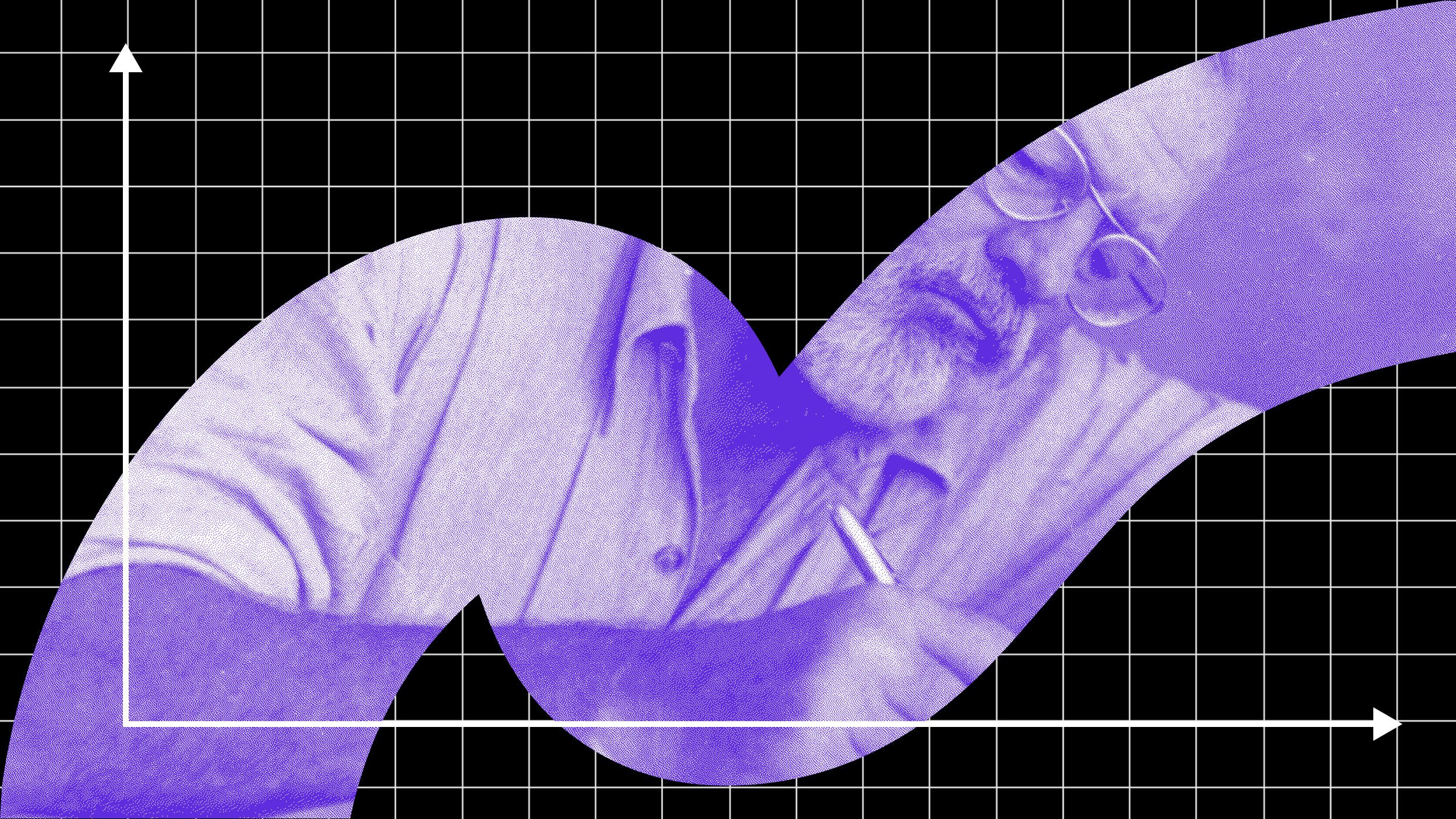What is mindset science? Think of it this way: The way that you think about something can actually transform the effect that it has on you. Health psychologist Kelly McGonigal, author of the new book The Upside of Stress, explains how positive thinking can put you on the road to positive outcomes while negative thoughts run the risk of becoming self-fulfilling prophecies.
Kelly McGonigal: One of the things that I’ve been most interested in lately is research on something called mindset and mindset science says that the way that you think about something can actually transform the effect that it has on you. Some of the most fascinating findings include how you think about aging can actually impact how long you live and how well you age. People who have a more positive attitude toward aging live on average eight years longer than people who have a more negative attitude towards aging. And they actually thrive more and they preserve all the things that we think are good about youth and middle age. They actually do better as they get older. And some of this new research on mindset says that the way that you think about stress can actually help shape whether its effects are the toxic effects that we fear, like that stress can make us sick or that stress can lead to burnout, or whether we experience actually much more positive effects from stress. Things like learning and growth and greater engagement with life and with our relationships.
If you’re anxious and your heart is pounding and you’re sweating, if you’ve able to remember that: Okay, well this anxiety is distracting or distressing, but I also know that that anxiety, that heart pounding is my body trying to give me energy that in some way my body and brain are trying to rise to the challenge. Literally just remembering that five seconds when you’re experiencing anxiety can transform that anxiety into a physiological state that actually gives you more energy, that actually gives you more confidence. So one of the hormones that the body releases during stress is DHEA, which is a precursor to testosterone. It’s literally strengthening. It helps the immune system and its effect on the brain is to actually help make the brain more resilient to future stress. It increases neuroplasticity and this is part of the normal stress response. And when you choose to view stress as an opportunity to learn and grow your body and brain actually responds, releases more of DHEA and actually puts you in a biological state that makes it more likely that you will learn and grow from that stressful experience.





